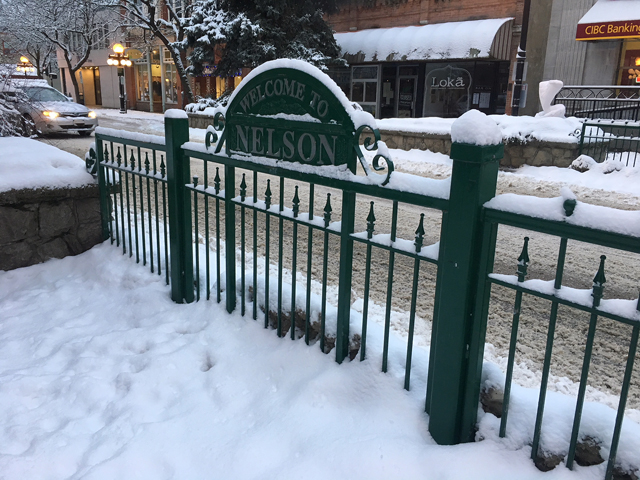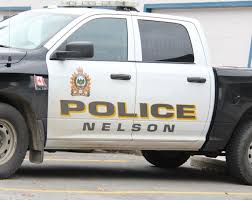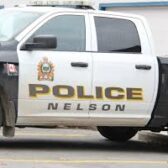City to look within for answers to setting up composting program
The city is leaning towards not to participating in the regional district’s curbside composting program and instead pursue one of its own.
In reviewing the fees charged for garbage and recycling collection in Nelson the idea of the proposed Regional District of Central Kootenay curbside composting program came up in city council, and there was a belief that the city could construct a program better tailored to the needs of its citizens than the regional district one.
As a result, it has not made a final decision about whether to sign on to the regional district service until it has investigated some internal solutions.
The city pays additional fees to the regional district as part of the Central Waste Service for disposal of waste and to fund the regional district’s recycling program. The city paid $62,000 in tipping fees to the regional district and the RDCK collected a further $865,000 in taxation from city residents and businesses.
Instead of contributing further to the proposed composting program, over the next few years the city will be putting forth its own household composting program, including directing $20,000 from the recycling reserve to fund costs for public education — and subsidized residential on-site compositing containers — to more effectively handle compost.
The idea will be to try out different systems within Nelson, said Coun. Keith Paige, adding that the best solutions for composting in Nelson were likely already in the community and just needed to be unearthed.
“So (then) we could see how we could process this level of waste in the area, basically making sure we are providing opportunities to see what we can do with this,” he said, hinting at possible partnerships with other city groups and entrepreneurs.
The city proposal could also include a staff position.
A recommendation was made in council for no changes to garbage collection rates in 2019, meaning the rates for a single family dwelling (SFD) will be $40 annual charge per household for collection of recycling and garbage, and a $1.50 charge per garbage bag (tag) for disposal.
“With the recommendation of no increase to fees this year it will be 12 years since there was an increase in the collection fee and eight years since an increase to the garbage tag disposal fee,” said city chief financial officer Colin McClure in his report to council.
He said the main challenge for 2019 is the decision on what type of truck the city will need to purchase as the current equipment is at end of its usefulness, with the city needing to eliminate the use of single-use plastic bags to collect recycling as well.
The city’s current resource recovery curbside program is very efficient in that both waste and recycling are picked up at the same time, said McClure.
He said the city needed to find equipment and a process that would allow this to continue.
“We have plenty of time to find a new vehicle and we will,” McClure said. “It is staff’s opinion that the City of Nelson, through picking up both garbage and recycling at the same time on a bi-weekly basis is one of, if not the most, efficient and cost effective environmental health service program in the province for a community of our size.”
Although collection costs are in line with what was budgeted for in 2018, there has been a decrease in tipping fee expenses compared to budget and previous years, likely a direct effect from the city’s public education and compliance program causing a reduction in the amount of contamination in the recycling collection.
“The city will continue with the education of residents as to what is permitted in the current blue bag recycling under the Recycle BC program,” said McClure.
As well, the city will continue the education, compliance monitoring and enforcement of the updated Waste Bylaw.
The overall revenues for the service are expected to cover the projected cost increases for Environmental Health Services operating and capital costs over the next year. McClure said the city collected approximately $263,000 in fees — including tags and the annual fee — for the collection and disposal of waste in 2018, which calculates to $68 per household annually.
In addition, the city will be renewing their contract for five more years with Recycle BC, with the new agreement estimated to bring an $8,000 bump in revenue.
Under the newly signed contract with Recycle BC the city is expected to receive approximately $142,000 per year for collecting recycling materials.
However, the new contract spells the end of the blue recycling bags, with Recycle BC requiring elimination of the use of blue bags for recycling collection effective July, 2020.
O


























